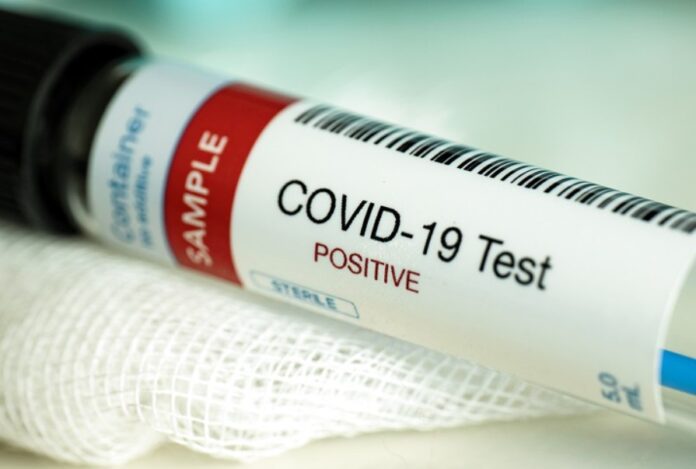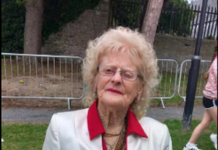
THE Department of Public Health Mid-West is urging members of the public to reduce or pause high-risk social activity, as the region recorded more than 4,300 new Covid-19 cases over a 14-day period.
Director of Public Health Mid-West Dr Mai Mannix said the organisation was “aware of recent media commentary regarding social activity among certain age cohorts”, but warned that the advice applies to all age groups.
The 14-day incidence rate per 100,000 population is currently more than 1,000 in Limerick, Clare, and North Tipperary.
A total of 2,287 COVID-19 cases have been recorded in the past seven days, and 4,345 cases recorded in the past 14 days across the Mid West region. While 48 per cent of cases have been recorded in Limerick, incidence of infection remains relatively high in the three counties.
| Region | Cases in past 14 days (as of Nov 17) | 14-day incidence rate per 100,000 | Cases in past 7 days (as of Nov 17) |
| Clare | 1,316 | 1,107.6 | 721 |
| Limerick | 2,105 | 1,080.0 | 1,047 |
| North Tipperary | 924 | 1,296.3 | 519 |
| Mid-West | 4,345 | 1,128.6 | 2,287 |
Public Health Mid-West is particularly concerned about the high rate of social activity over the past two to three weeks, amid increasing levels of infection among the more active adult population, particularly between the ages of 18 and 44.
Staff are currently prioritising investigations of, and responses to, outbreaks in key vulnerable settings, such as nursing homes, healthcare settings, settings with elderly and vulnerable populations and those with poor health outcomes. As a result of this and the current prevalence of Covid-19 in the community, outbreaks in other settings may be less likely to be identified or recorded.
Dr Mannix said: “Covid-19 is circulating widely across the region with a high level of exposure in every pocket of our society. We know, from experience of previous waves of this magnitude, that a social outbreak in one area can have a negative impact at a vulnerable setting in another area. And while many of us are protected against Covid-19, breakthrough infections are occurring due to the high level of transmission in the community.
“We are aware of recent media commentary regarding social activity among certain age cohorts. However, it is important to note that all age groups are active in society, and we can all play our part to break the chains of transmission in the community. Any congregate social activity or gathering is considered high risk due to the current level of infection in the community. Collectively, a small change in our social behaviour will play a major role in reversing the current trajectory.”
Advice for the public for the coming weeks:
- Reduce high-risk social activity (ie house gatherings, attendance at pubs or nightclubs, special social functions, etc)
- Limit frequency of social activity (eg visiting a group of friends/colleagues once a week, instead of twice a week)
- Postpone visits to elderly or/and vulnerable friends/relatives if you engage in frequent high-risk social activity. Wear a mask when in close contact or/and indoors.
- If symptomatic, assume you have Covid-19, self-isolate, and book a free PCR test at your local testing centre.
- Where possible, carry out minimum twice-weekly antigen testing if you engage in frequent high-risk social activity. If positive, arrange a free PCR. If symptomatic, self-isolate and arrange a free PCR test. A ‘negative’ antigen test is not a green light test result.
- Work from home where possible
- Ventilate social and work spaces










